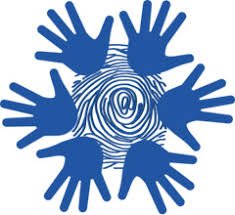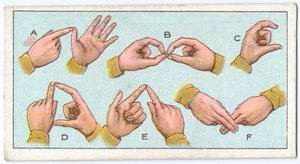
World Deaf Day is celebrated every year in last week (last Sunday) of the month of September to draw the attention of general public, politicians and development authorities towards the achievements of the deaf people as well as deaf people community. The theme is Full Inclusion with Sign Language
Sign languages are fully fledged natural languages, structurally distinct from the spoken languages. There is also an international sign language, which is used by deaf people in international meetings and informally when travelling and socializing. It is considered a pidgin form of sign language that is not as complex as natural sign languages and has a limited lexicon.
HISTORY OF WORLD DEAF DAY
In 1958, World Federation of the Deaf (WFD) initiated the celebration of the World Day of the Deaf. They celebrate the International Week of the Deaf during the last week of September to commemorate the first World Congress of the World Federation of the Deaf, which took place in September 1951. The day of awareness was later extended to a full week, becoming the International Week of the Deaf (IWD) and it was first launched in Rome, Italy. Since then, it is celebrated annually by the global deaf community. The International Week of the Deaf is held on the last week of September, the same month that the first World Congress of the WFD was held.
The World Federation of the Deaf is an international, non-governmental organization of national associations of Deaf people and is recognized by the United Nations (UN) as their spokes-organization to promote the human rights of Deaf people. The WFD is composed of 130 national associations of the deaf and represents approximately 70 million deaf people worldwide.
IMPORTANCE OF THE DEAF DAY
The purpose of Deaf Awareness Week is to increase public awareness of deaf issues, people, and culture.

OBJECTIVES OF WORLD DEAF DAY
• To promote understanding among common people about the problems of deaf people in the community all over the world
• To motivate deaf people to learn sign language as an essential human right
• To ensure availability of the required resources in the community for deaf people
• To promote the deaf people’s human rights about equal access to the education and modern technologies.










